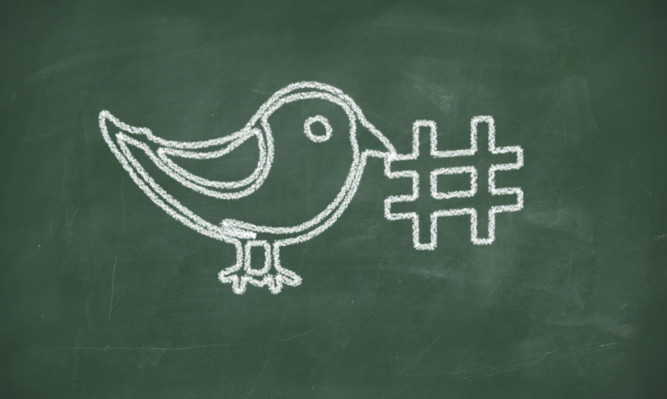
The rise of social media is changing the language children use, according to a new study.
Researchers looked at the entries to a children’s short story competition and analysed the results which showed the increasing popularity of terms including hashtag, selfie and emoji.
The report by the Oxford University Press (OUP) studied the 120,421 entries for the 2015 BBC Radio 2 Chris Evans Breakfast Show’s 500 Words short story competition.
It found hashtag and its corresponding symbol, £, was used more and more by children in their writing.
Evans said: “The OUP’s research for Radio 2’s 500 Words confirms just how incredibly creative children can be.
“They are so often at the forefront of both adopting and adapting to new language trends and using them in all manner of inventive ways.
“It’s clear that story-telling remains a hugely important part of a child’s life, and that we as parents should do whatever we can to help them enjoy the worlds they create on paper. To use the favourite word of our young authors this year, their talent and imagination are £inspiring.”
Researchers compiled a top 20 of words which have significantly increased in use during the past 12 months which included popular social media brands YouTube, Snapchat and Whatsapp.
Vineeta Gupta, head of children’s dictionaries at OUP, said: “Language is constantly changing and adapting. Children are true innovators and are using the language of social media to produce some incredibly creative writing. What impresses me most is how children will blend, borrow, and invent words to powerful effect and so enrich their stories.”
The winners of this year’s 500 Words will be announced on-air tomorrow as part of Evans’ Radio 2 breakfast show.

Enjoy the convenience of having The Sunday Post delivered as a digital ePaper straight to your smartphone, tablet or computer.
Subscribe for only £5.49 a month and enjoy all the benefits of the printed paper as a digital replica.
Subscribe